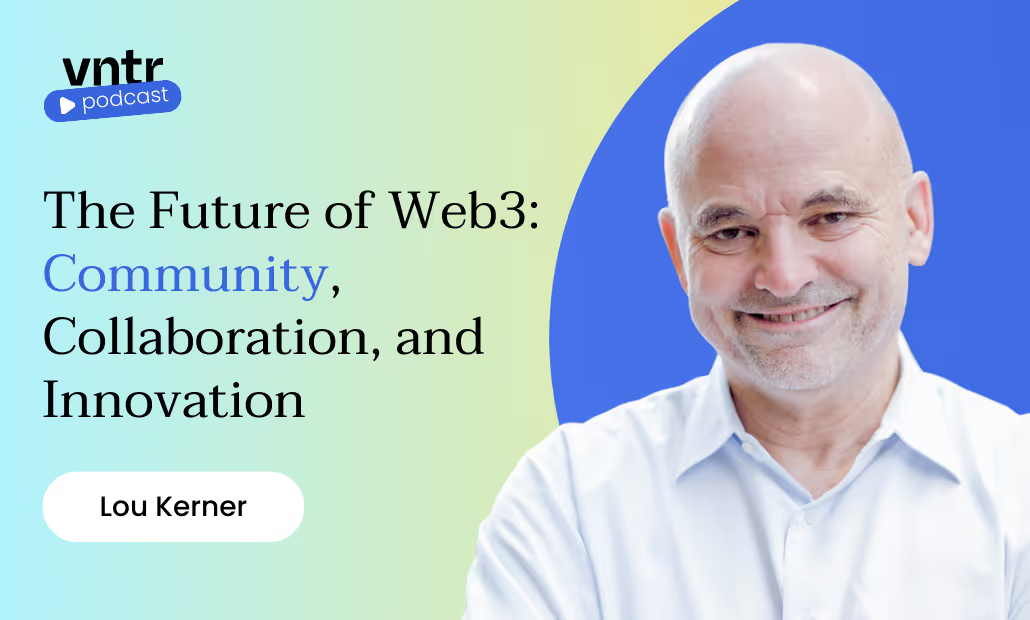ClimateTech is no longer a niche. For Limited Partners (LPs) and institutional investors navigating today’s market shifts, it’s a thesis that aligns returns with resilience. As capital floods into sustainability-driven innovation, the real question is: why now, and what’s next?
Five years ago, ClimateTech investments were often framed as impact-driven or concessionary. Today, they’re mainstream. According to VNTR community insights, ClimateTech is among the top 5 most attractive sectors for active LPs and GPs globally — competing with AI, FinTech, and Web3.
What changed? A convergence of forces:
While 2022 marked the investment peak, the slight pullback in 2023 and 2024 reflects not a loss of interest, but a maturing market. Investors are increasingly looking for structured deals, measurable impact, and long-term resilience — not just hype.
.avif)
The capital inflows today are more disciplined. LPs are evaluating performance indicators and business fundamentals, and many now see ClimateTech as a core strategy — not a philanthropic side bet.
Energy dominates the pie and for good reason. Grid modernization, storage technologies, and decentralized renewables are no longer just infrastructure investments; they are becoming software-integrated, monetizable assets. Meanwhile, the sharp drop in transportation reflects investor caution following overfunded EV ventures and supply chain bottlenecks.
.avif)
Two of the most watched verticals in the ClimateTech space today are artificial intelligence and carbon tech and both are scaling rapidly.
As LPs look to diversify across frontier segments, these technologies offer rare upside: defensibility, scalability, and alignment with long-term regulatory trends.
For LPs evaluating ClimateTech investments, key considerations include:
These filters help LPs avoid overhyped trends and instead identify investments that balance impact and financial return.
While much of the current capital is going into end-use products, the next wave of opportunity lies in the infrastructure powering this shift.
In other words: the future is not just clean — it’s connected, verified, and monetized. For LPs with a long horizon, now is the moment to build into the foundations of a sustainable economy.


